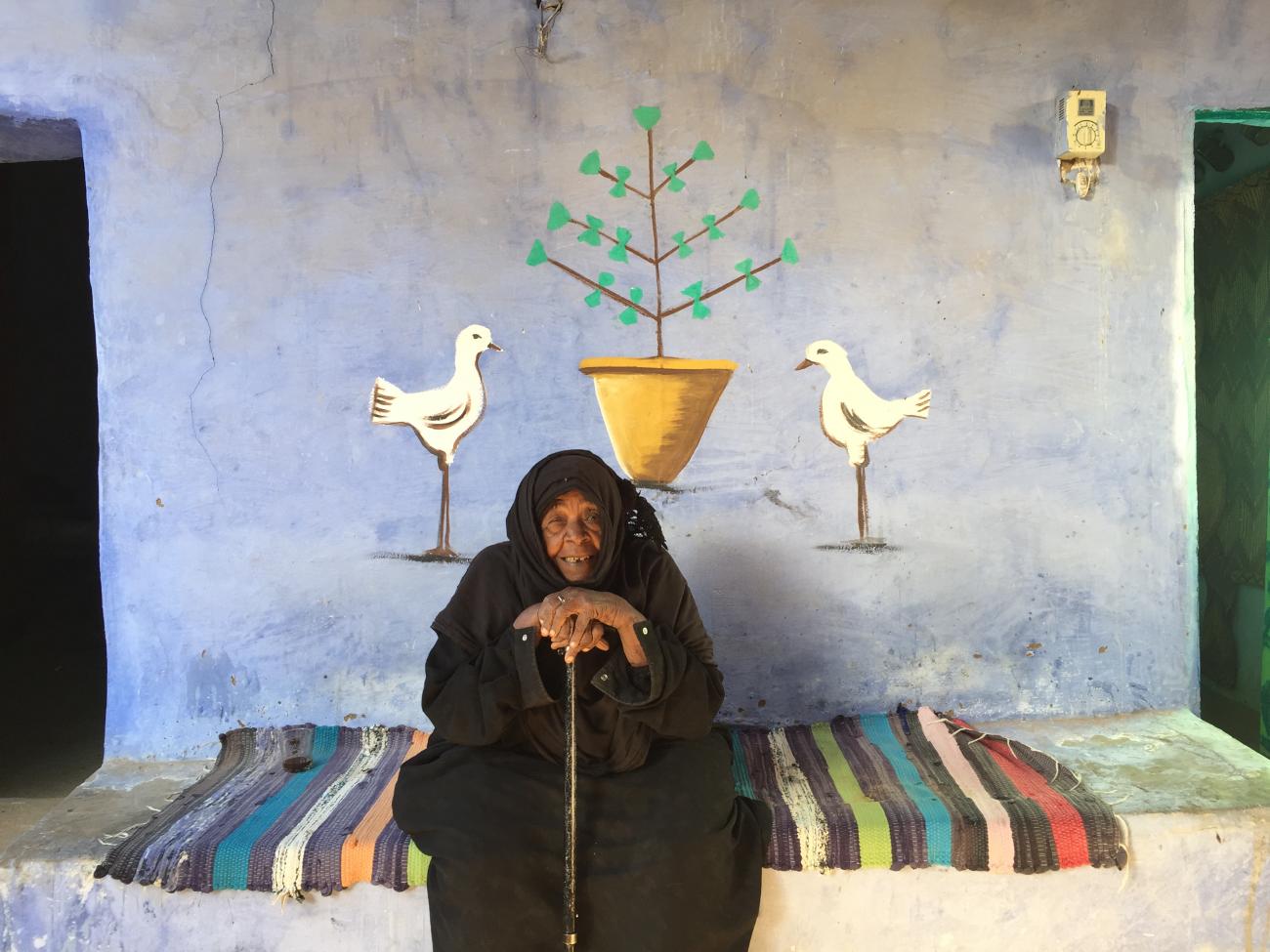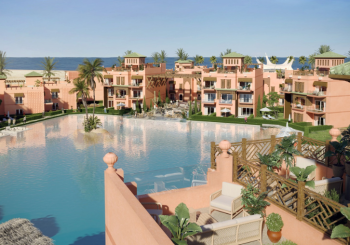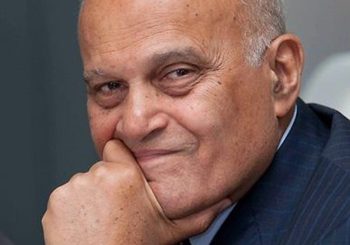Nubia, a region located along the Nile between northern Sudan and southern Egypt, is home to one of the earliest civilizations of ancient Africa. Its centuries-old language of Swahili origin was passed down through verbal practice—it is a spoken language, not written—and was used by former Egyptian President Anwar Al-Sadat, who is Nubian himself, during the 1973 war to communicate orders without the interception of Israel’s Mosad. However, as Nubia’s older generation passes on, the language has become increasingly at risk of dying out.
Fearing the loss of his mother tongue, Mo’men Taloush decided to make use of the digital age and built a mobile application that would give Nubia the kiss of life.
Nubi launched in February, but the light bulb for the idea went off for Taloush in the beginning of 2016.
“Being Nubian and working in the technology sector, I thought why not? Everyone has a smart phone, from kids to the elderly,” said Taloush, who works in the application support department for a programming company.
The app offers lessons in both Nubian dialects spoken in Egypt: Kinzy of the Kenouz Tribe, who reside mainly in Aswan and make up most of Egypt’s Nubian population, and Visicci. Speakers of the two dialects cannot understand each other, and neither dialect relates to Arabic.
The Nubian language is not passed down through any formal education system, explains Medhat Nasser, an Egyptologist and tour guide from Upper Egypt. Children in Nubia grow up learning Arabic, and, as a result, the ancient language is on the verge of extinction.
The language lessons are presented by cartoon characters who have names and interact with each other. However, the mobile application offers more than language lessons. Taloush has also included in the app historical facts, stories and photos from old Nubia.
Books written by Nubian authors as well as old songs and traditional phrases and idioms also have a place on the app.
Nubi also comes with an economic empowering edge. Through the app, Taloush hopes to provide a portal to support people working in Nubia, its historical sites and its hotels, which would in turn support tourism.
Furthermore, Nubi aims to create a market for products Nubia is well-known for. Handicrafts such as accessories and baskets, as well as oils and incense, all add to the colours of the beautiful land.
“We want Nubia and its culture to reach people everywhere around the world,” Taloush said. Within 24 hours of its launch, 3,000 people downloaded the app. “In the tech market, this is great performance.”
The ancient civilization has left behind around 250 pyramids, as well as an abundance of culture, art and architectural richness. The Nubian Kingdom ruled Egypt for around a century.







Comment (1)
[…] An App for the Timeless Culture of Nubia Saudi Arabia Investigates Video of Woman in Miniskirt […]